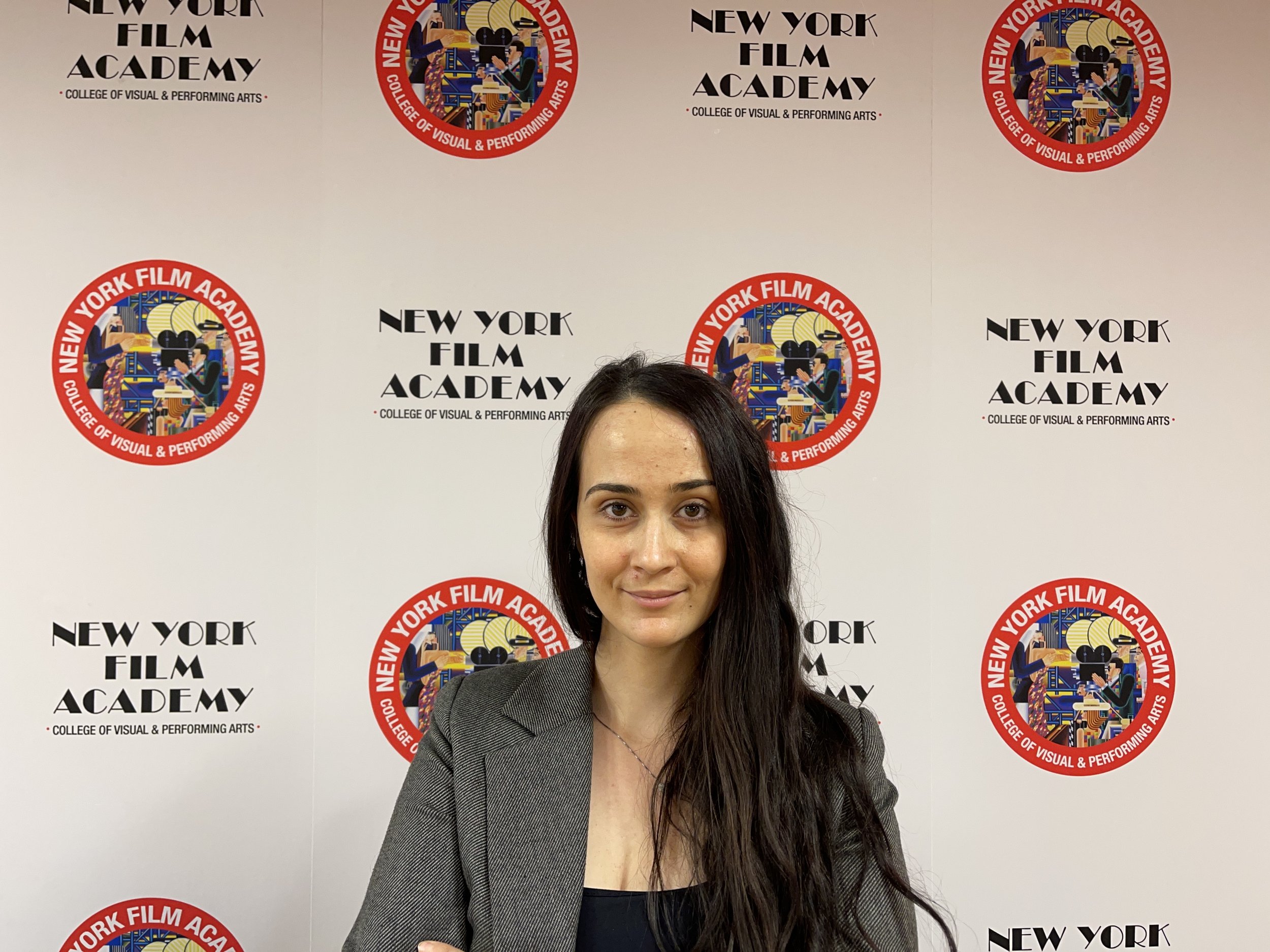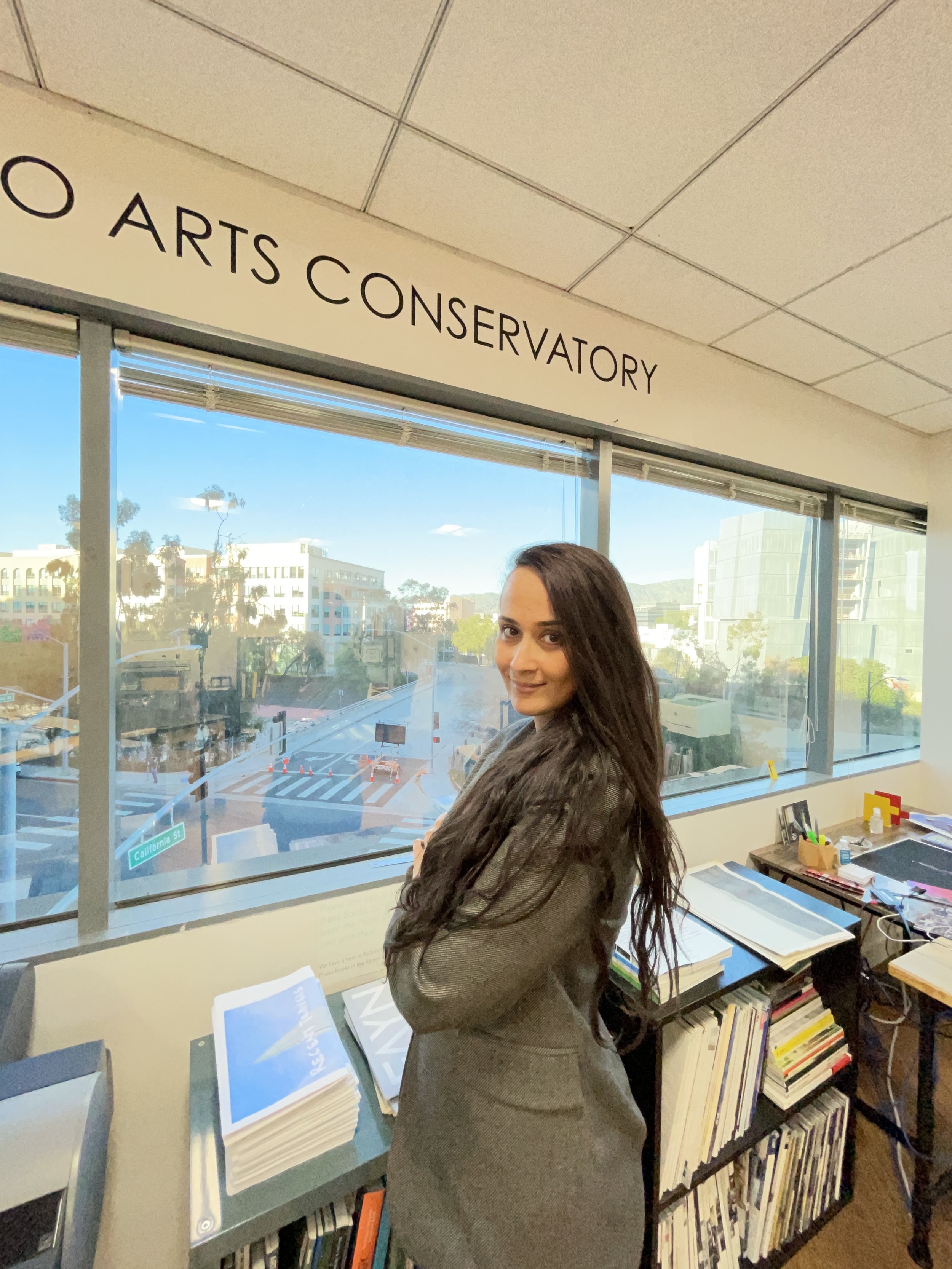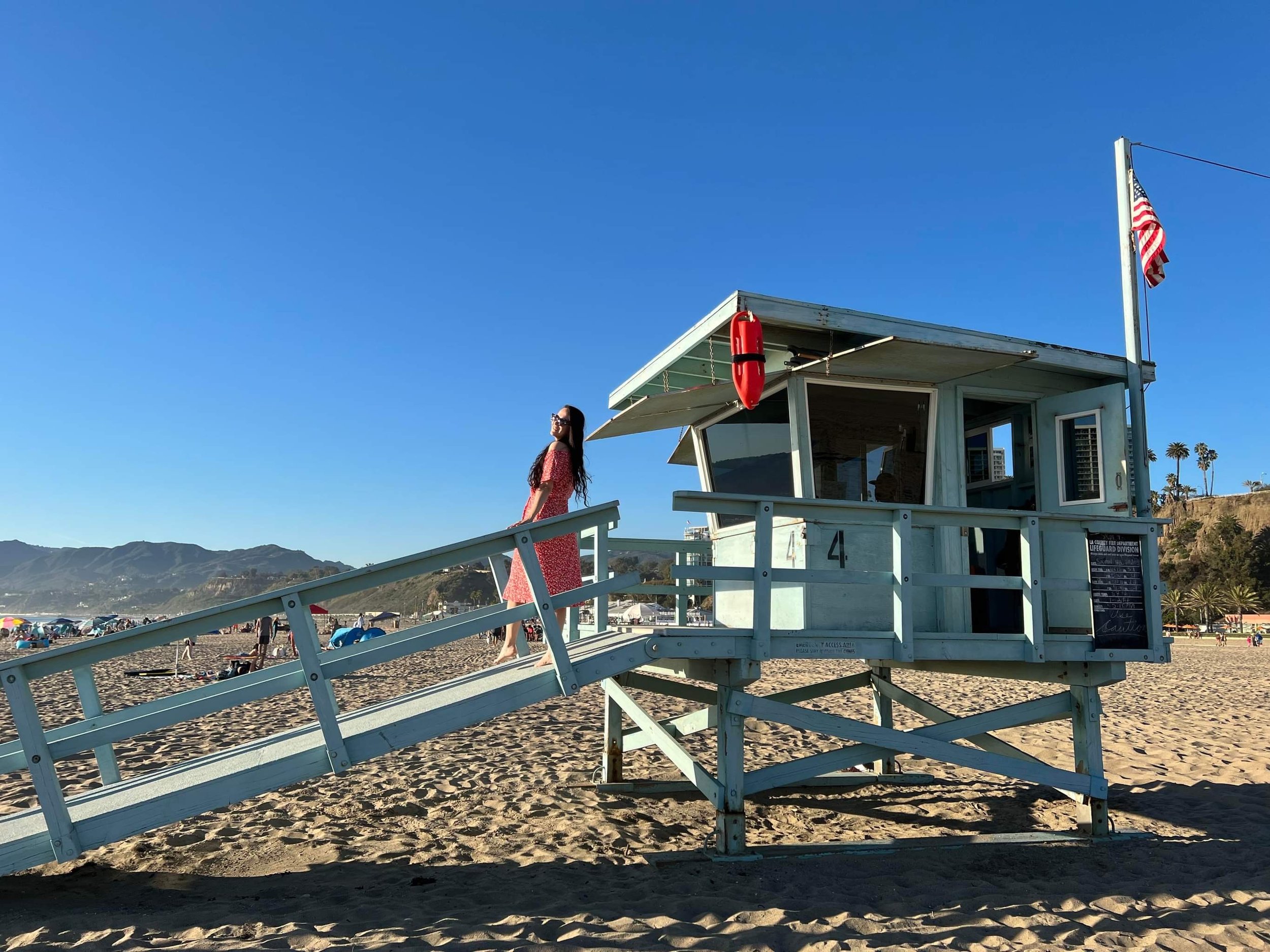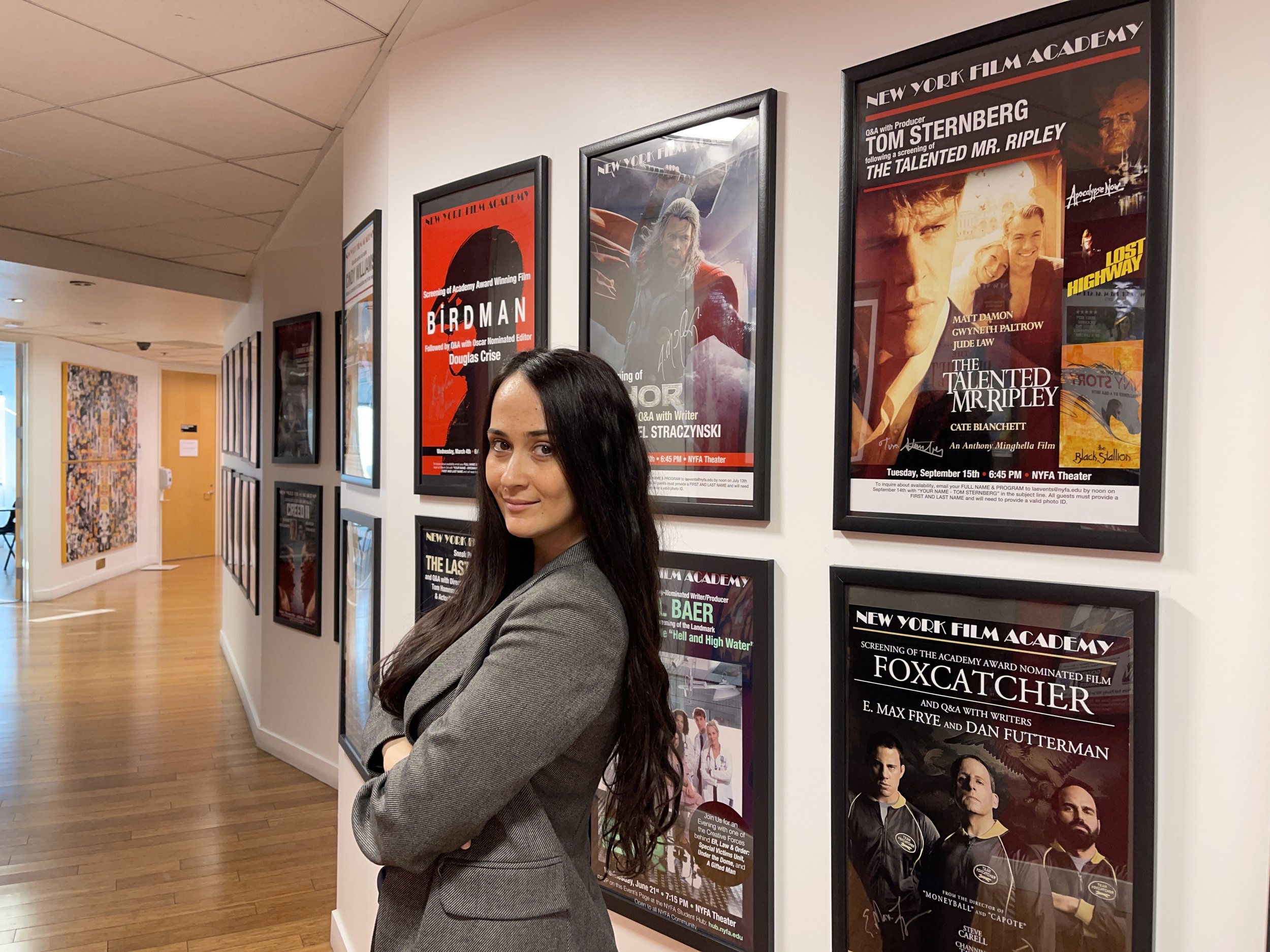Fulbright Faculty Development Program Spotlight: More Raça
Applying and preparing for an opportunity like a Fulbright grant can be a nerve-wracking experience. In order to ease your mind and provide you with an insider’s look into the Fulbright experience, we decided to catch up with our Fulbright alumni and on-program scholars. We asked them to reflect on their Fulbright experience and answer our insightful questions.
The Fulbright Faculty Development Program model is designed for junior faculty, currently teaching in Kosovo. The goal of the program model is to introduce participants to best practices and theoretical approaches to curriculum development in the U.S., and provide them with concrete strategies on how to develop a curriculum for a course, including an overview of academic and research resources. To learn more: U.S. Embassy Prishtina
We are continuing our series of questions with our Fulbright Faculty Development grantee, More Raça currently conducting her research at the New York Film Academy in Los Angeles.
What is your educational and professional background?
I have studied Film Directing at the University of Prishtina. I have gained my B.A. and M.A. degrees, and now I am in the last year of my Ph.D. in Film and Television at South-West University Neofit Rilski in Bulgaria. I am a writer and director of several shorts and a feature film, awarded at festivals worldwide. Currently, I am working on a documentary titled “Home is where the films are”, a story about the power of cinema to help children overcome trauma. Last year I received the National Annual Award for achievement in cinema.
Why did you choose to apply for Fulbright Program?
Faculty Development Program is designed for junior faculty, such as myself. I have been teaching for a few years. I was interested in learning about teaching methodologies related to cinema in the U.S.
U.S. film industry plays a crucial role in American culture and the economy. I was convinced that in this stage of my involvement as a teaching assistant in Kosovo, this program will be crucial to developing my curriculum and expose me to vast ways and tools of teaching cinema.
Tell us about your experience as a Fulbrighter in the U.S.?
Fulbright is a life-changing program; I can see that from the very beginning. It has been a fantastic experience so far. I am doing my research at the New York Film Academy in Los Angeles, the heart of the film industry.
What is the most valuable component you are gaining from the program?
I observed classes of different departments met with faculty staff to discuss curriculums and programs. I had access to any study or material that helps me to develop my syllabus and teaching methodology. Furthermore, one of the most crucial components is seeing professors work and interact with their students. In the upcoming weeks, I will attend film sets with my mentor to watch students working on film sets.
How do you plan to implement the knowledge gained as a part of the program at your home institution?
During this process, I am developing concepts for several courses and working on syllabi to implement in Kosovo upon my return. I am working with my mentor by studying the program's syllabi and analyzing the students' work throughout the semesters. With great attention to the ways that NYFA prepares students to work in the Film Industry. NYFA offers a real-world environment through hands-on and intensive programs, which I find fascinating.
I am looking forward to incorporating that into my classes upon arriving in Kosovo.
How was the application process for you and what tips do you have for prospective candidates?
On the web page of the U.S. embassy in Kosovo, you can find all the requirements and information about the application process. It would be best to analyze them with great attention since this is a particular program. In my case, I had clear objectives about what I needed to research and how that would benefit my course upon return to Kosovo.
I will advise all the applicants to have a clear study plan. Find out what you want to learn, what you feel is missing in your syllabus, what would help you excel in teaching and improving your syllabi, or what questions you want to find answers to. If selected, FFDP will place you at the right university to answer all your questions and help you strengthen your course and teaching abilities.
What is the biggest culture shock you are experiencing in the U.S?
In California, you can witness every season in one day. In the morning you can go to the beach, and a few hours later you might need to wear your winter coat.
What is your favorite place you have visited while participating in the Fulbright program?
So far, the place I enjoyed the most was the Los Angeles County Museum of Art. LACMA is the largest art museum in the western United States, with more than 147,000 objects that illuminate 6,000 years of artistic expression across the globe.
Also, Santa Monica Beach was remarkable.
What is your favorite American dish/food?
Cioppino
(a fish stew originating in San Francisco, California).




